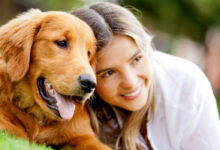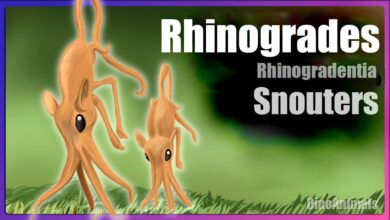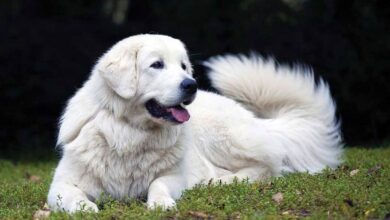How to satisfy your dog’s natural instincts?
Owning a dog involves so much more than just having a best friend to cuddle and play with. When you bring a puppy into your home, you’re taking on an animal with natural needs and desires, also known as instincts.
If you’ve ever seen your dog digging up plants in your garden, then you’ve seen instincts at play first-hand! While teaching basic obedience and funny tricks might feel good, you need to take their training to the next level to tap into their natural instincts. Here’s how.
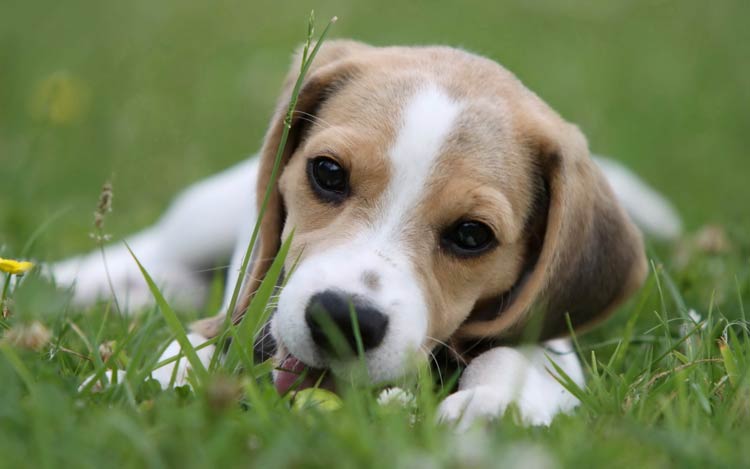
Play and chase
Every dog comes with a natural prey drive. Some breeds, especially hunting dogs and herding breeds, have such a high desire to chase and catch prey that their instincts need to be honoured if they’re kept in pet homes.
If you’ve got a dog with a high prey drive, giving them an outlet will both improve their mental and physical health and reduce the likelihood of destructive behaviour. It’s also a fantastic way to bond with your dog and make your relationship stronger!
Fortunately, it’s very easy to tap into your dog’s natural instinct to chase smaller, furry animals! Playing fetch with a ball might not quite mimic the movement and appearance of a squirrel, but you can find toys like flirt poles and real-fur tug toys to keep your dog engaged.
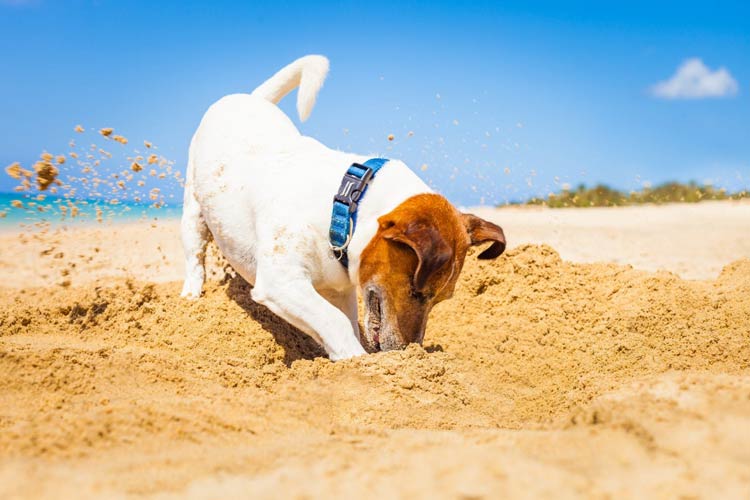
Digging and burrowing
It might look sweet and trivial to us, but a dog who burrows or nests in their blankets is displaying ancient burrowing instincts. This behaviour helped dogs to survive in the wild by allowing them to hide food, or simply creating a comfortable sleeping spot.
This instinct only becomes problematic when your furniture or garden start to get damaged! The best way to prevent this is by giving your dog their own designated cosy ‘den’ from the day they join your household.
You could set up a crate as their safe space, using plenty of positive reinforcement during the training process. Many owners choose soft, high-quality bedding for their dog crates to help their dogs feel more comfortable. Tasty chews or puzzle toys can also help dogs to relax in their crate.
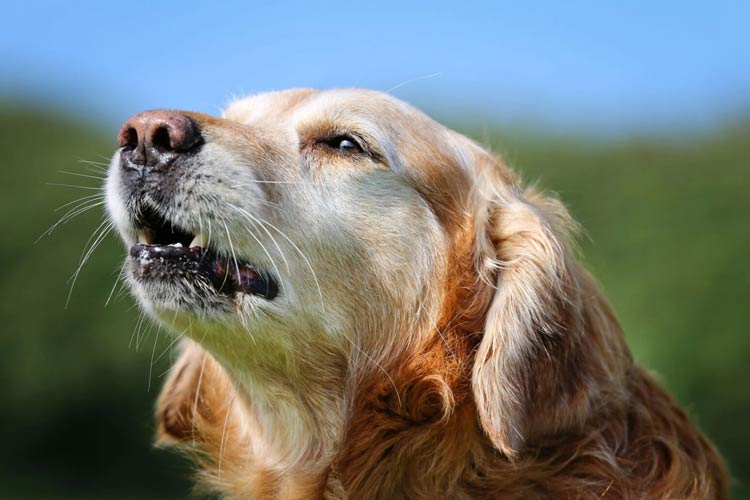
Territorial behaviour and defensiveness
Certain breeds of dogs, especially shepherds, are prone to territorial behaviours. These may include barking, growling, or raising their hackles in response to a perceived threat. This primitive response would serve as protection in the wild. However, territorial displays can be less than ideal when they’re performed by family dogs!
To help set up your guarding breed for a successful and stress-free life, you’ll need to play the leading role. With confidence and trust in you, they won’t feel the need to defend themselves. And to give your shepherd an appropriate outlet, you could try protection training or bite work.
If your dog is displaying aggression towards any members of the family or your visitors, it’s a good idea to seek prompt advice from a balanced professional dog trainer.
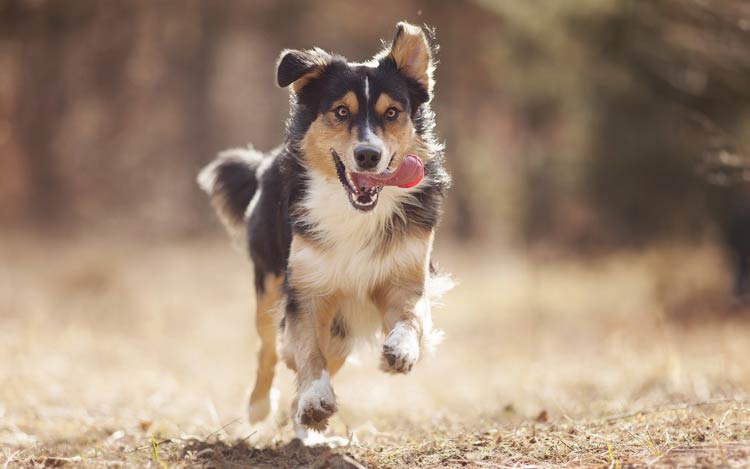
Pack mentality
Finally, don’t forget that dogs are all pack animals at heart. As highly social creatures, they have an innate desire to be around you, seeking your companionship in everything you do.
While dogs seek these strong social bonds to keep them fulfilled, it’s important to create a sense of leadership and balance. If your dog becomes too reliant on your presence, for example, they may become insecure and anxious when they’re left alone.
From an early age, dogs should be socialised with gentle exposure to other dogs, people, and time spent on their own too. Use treats and praise to reinforce good behaviours – and try to establish a routine to help your puppy settle comfortably into family life.
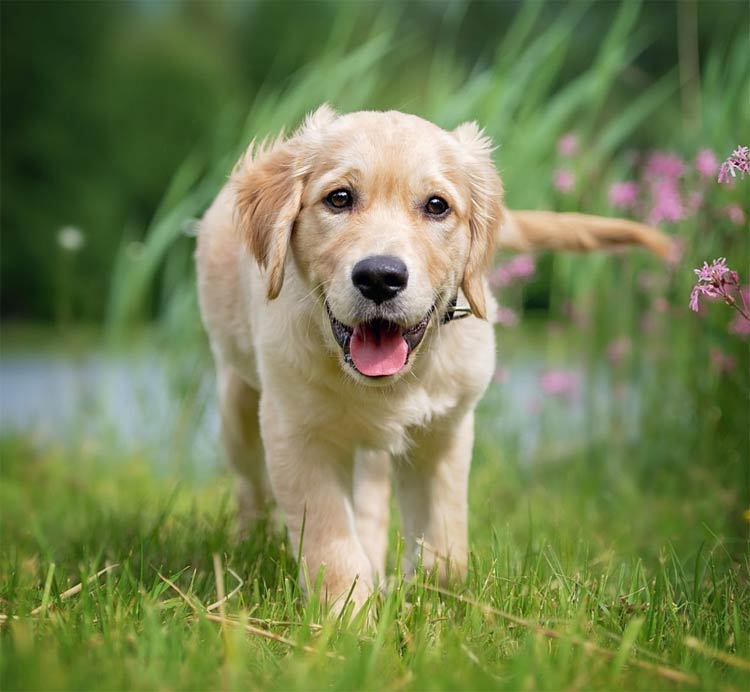
Recommended
- The smartest dogs
- The tallest dogs
- The most aggressive dogs
- The oldest dogs
- Pets
- Dogs
- Cats
- Wild cats
- The fastest animals
- The fastest birds
- The largest eagles




